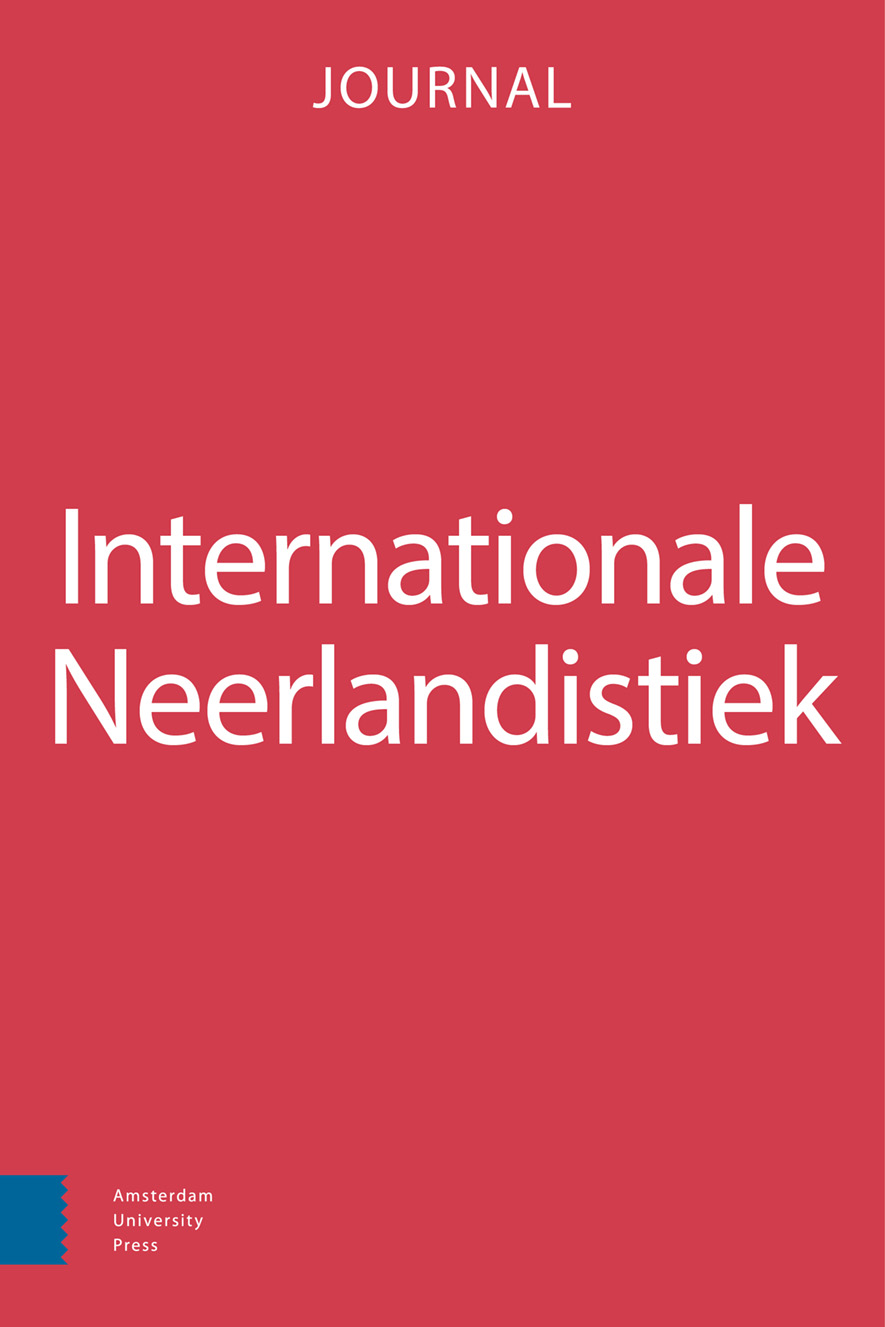-
oa Honderd jaar theorie en onderzoek van tweedetaalverwerving
Afgedankte inzichten en nog onopgeloste raadsels
- Amsterdam University Press
- Source: Internationale Neerlandistiek, Volume 56, Issue 3, Nov 2018, p. 189 - 202
-
- 01 Nov 2018
Abstract
This paper characterizes three views on learning and language development that successively prevailed over the last hundred years: (1) behaviorism and structuralism (1920-1960), (2) the Cognitive Revolution, including Chomsky’s generative linguistics (1960-1990), and (3) connectionism and Usage-based linguistics (1990-present). Because of the large distance between abstract constructs and empirical observations in all three approaches, it is difficult to empirically falsify theories in any of them. Views of the behaviorist/structuralist and of the generative schools can no longer be considered relevant for the teaching and learning of a foreign or second language, while some views of connectionism, Usage-based linguistics and Construction Grammar are. The paper is rounded off with some recommendations for second-language instruction, emphasizing the importance, for implicit learning of grammatical patterns, of word-by-word understanding of spoken language.


